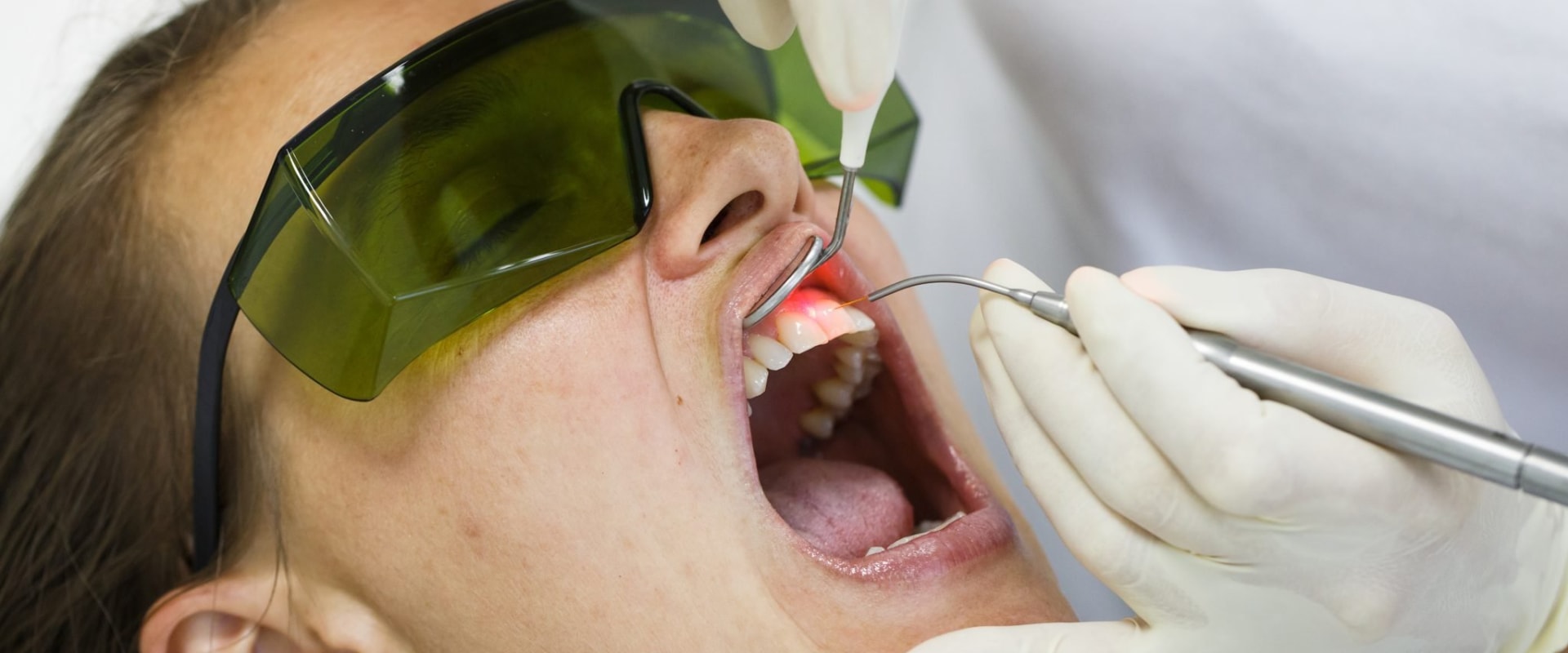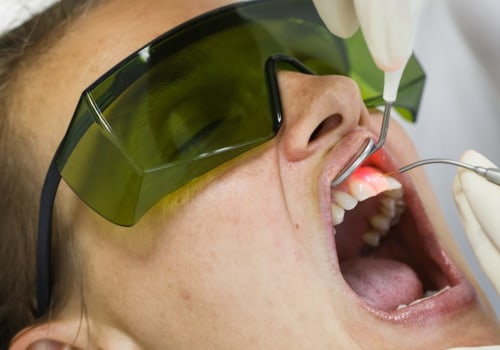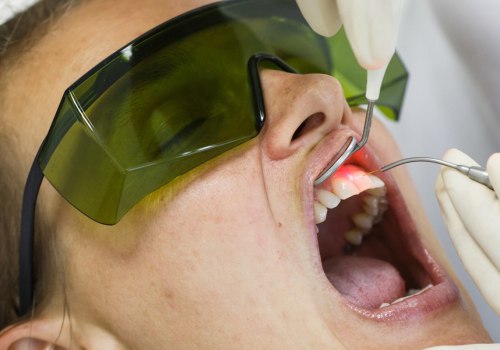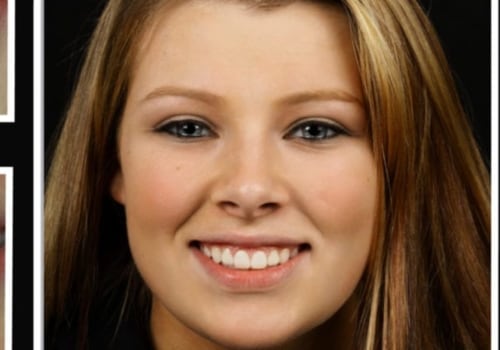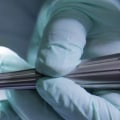Lasers can be used in a number of dental procedures, including tooth decay detection. Some lasers are often used for early detection of tooth decay or tooth decay. Dental lasers can also help treat gum disease. Sometimes, lasers help remove soft tissue folds on dental prostheses that don't fit well.
All lasers work by supplying energy in the form of light. When used for surgical and dental procedures, the laser acts as a cutting instrument or a vaporizer of the tissue it comes into contact with. When used in teeth whitening procedures, the laser acts as a heat source and enhances the effect of teeth whitening agents. Medical professionals use lasers, which are extremely focused beams of light, to alter or remove tissue in small amounts.
Laser surgery isn't limited to dentistry, but many people have never heard of laser dentistry before having it done. Dentists use lasers in a variety of procedures involving the inside of the mouth, either to remove overgrown tissue, to reshape the gums, or to whiten the teeth. Laser dentistry is sometimes ideal for children who feel anxious or fearful when having dental treatment. In recent years, laser dentistry has replaced many traditional dental practices, making treatments more accurate and less painful.
This new style of dentistry uses intense beams of light projected by a dental laser. Dental lasers can be used to perform a wide variety of treatments, including soft tissue remodeling and removal. Laser dentistry is incredibly versatile and plays an important role in a growing number of common dental procedures. The ADA, however, states that it is cautiously optimistic about the role of laser technology in the field of dentistry.
Laser dentistry is a minimally invasive option when faced with gum surgery, tooth decay treatment, or other oral problems. In today's era, patients often prefer laser dentistry because it's more comfortable, effective, and affordable compared to other dental treatments. Around the world, laser dentistry is used to perform numerous treatments, ranging from simple procedures to fairly complex dental procedures. Dentists choose laser dentistry because of the many benefits that make procedures run smoothly and also reduce patient discomfort and healing time.
If you've ever had non-laser gum surgery, you can expect that your post-operative experience after laser dentistry will likely be smoother. To be specific, laser dentistry refers to light energy, which is a thin beam of extremely focused light, exposed to a particular tissue so that it can be molded or removed from the mouth. Although dental lasers have existed for decades, the expensive equipment and limitations of each device have prevented some dentists from investing in them. Laser dentistry has been previously approved by the U.S.
Food and Drug Administration for use as a regular dental treatment. Before your dentist can perform a dental laser treatment, you must receive training for each specific dental laser device. Laser dentistry is a convenient solution for many oral and dental problems, whether they are serious in nature or simply cosmetic.
